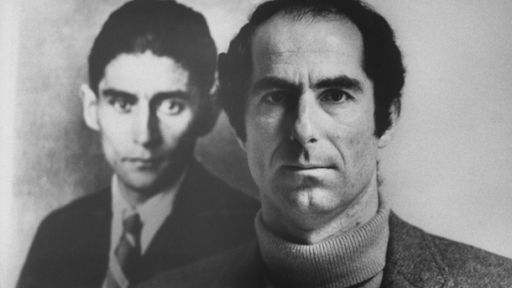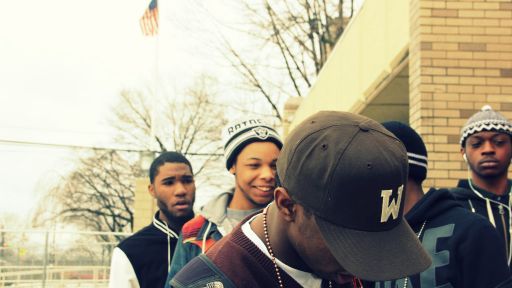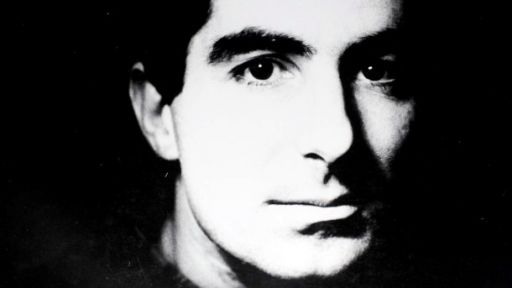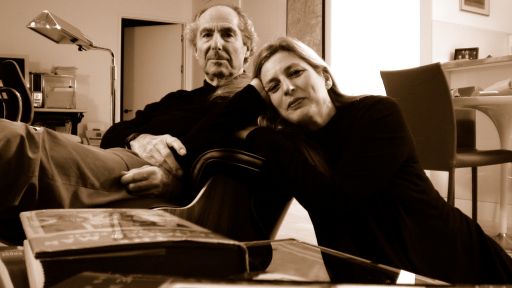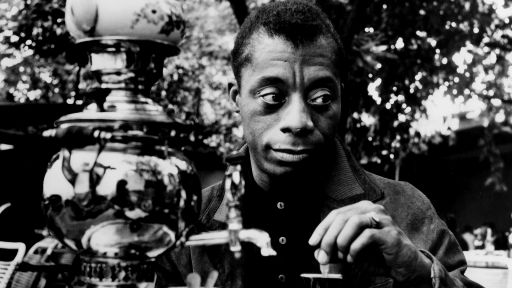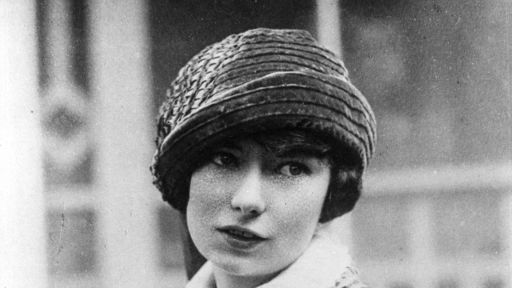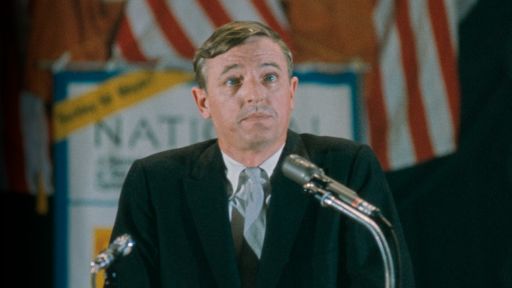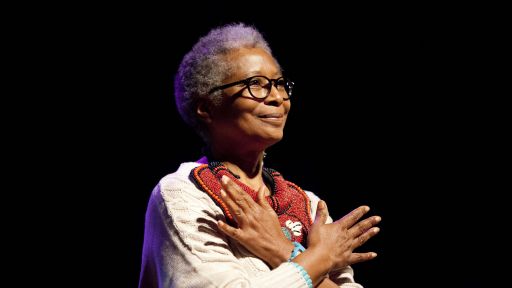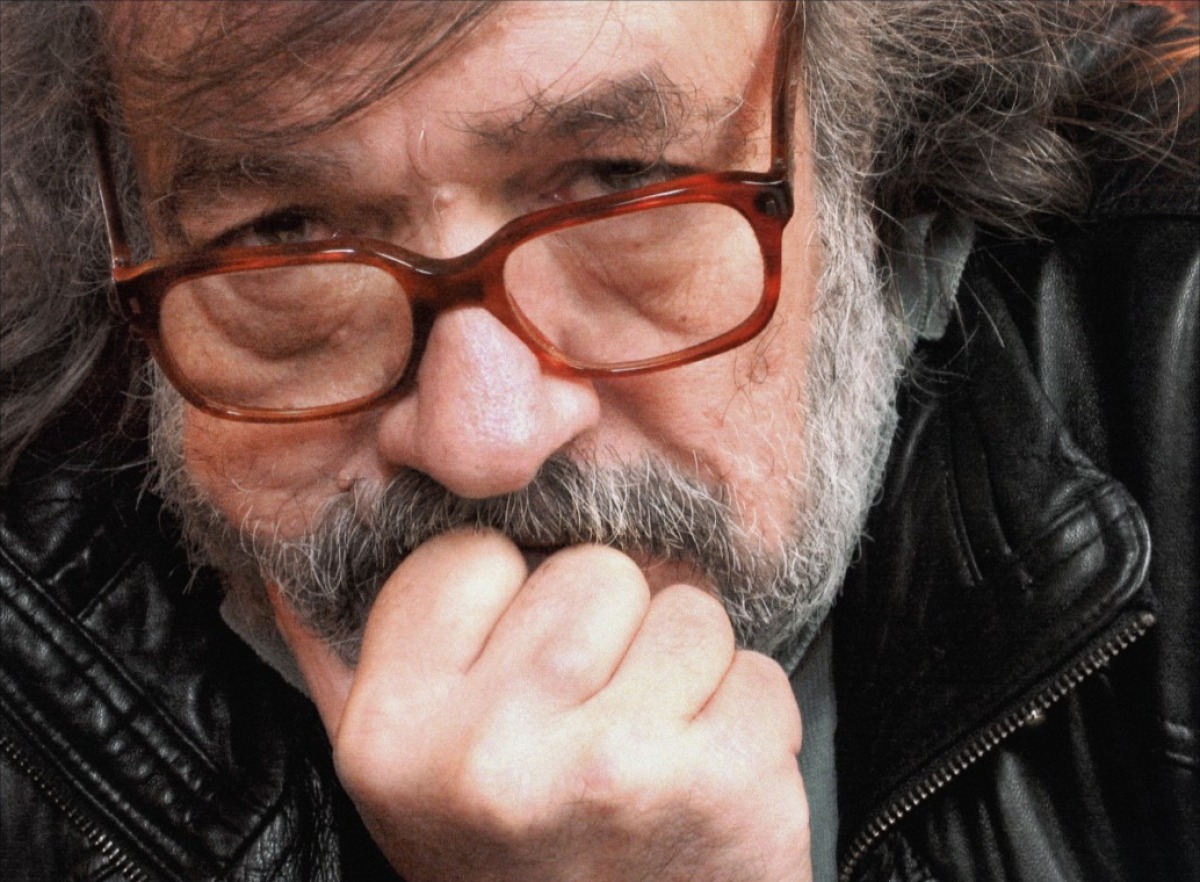 An interview with Philip Roth: Unmasked co-writer and co-director William Karel, a French film director and author known for his historical and political documentaries, including Dark Side of the Moon, Looking for Nicolas Sarkozy, The World According to Bush, 1929, Poison d’avril, La fille du juge.
An interview with Philip Roth: Unmasked co-writer and co-director William Karel, a French film director and author known for his historical and political documentaries, including Dark Side of the Moon, Looking for Nicolas Sarkozy, The World According to Bush, 1929, Poison d’avril, La fille du juge.
AMERICAN MASTERS: What first got you interested in doing a film of Philip Roth’s life and work?
WILLIAM KAREL: I made a film two years ago about the publisher Gallimard and its 100 greatest authors. Among them, I chose to include Philip Roth as one of the great American novelists, along with Hemingway, Fitzgerald, Styron, Salinger, Faulkner, Steinbeck and Miller. And what’s more, he was still alive!
AM: How did the film come about?
WK: Livia Manera, journalist at the Corriere della Sera, had interviewed Philip Roth several times after the publication of successive books. Out of this long series of meetings, a friendship was born, and from this decade of exchanges came the idea of an autobiographical documentary. The project was accepted by Philip Roth, despite him having a reputation for doing very few interviews. Livia waited two years for the phone call announcing that he was ready. He made it clear this was a privilege, a scoop, reminding her that for the first time, he was going to welcome in a film crew for several days. First in New York, on the Upper West Side where he lives, then at his house in the middle of the forests of Connecticut. “My final appearance, that’s a promise,” he said. When Cinétévé and Livia Manera suggested that I co-direct a portrait of Philip Roth, I jumped at the chance. A week with Philip Roth ? I thought I was dreaming!
AM: Describe your influences, and how they fed into this film.
WK: I’m passionate about literature, and have already made many documentary portraits of some 40 writers: D. H. Lawrence, Primo Levi, Albert Cohen, Moravia, Styron, Faulkner, Nina Berberova, Amos Oz, Tom Wolfe, Kafka, Updike, Bukowski, John Fante, Jim Harrison, Nadine Gordimer, Toni Morrison, etc.
AM: What was your approach to a film on Roth?
WK: From the start, we decided that the director should keep in the background and disappear. Besides some brief appearances from Philip Roth’s friends and some other writers, we didn’t want a word of commentary. Just him, telling his own story and reading occasional extracts from his books. We had to avoid any superfluous narration to allow just the writer and his texts to speak. Roth would choose to read this or that extract from his work which, for one reason or another, had left its mark on him. He’s one of the few writers to have written and published his own story as it was lived. Who better then to talk about him, than the author himself? More powerful than any third-person account, anecdote or chronology, we would revisit the various events which either devastated, enlightened or tore apart Philip Roth.
AM: While making the film, what surprised you about Roth?
WK: For the first time, we had access to the private life and daily routine of a leading novelist, and also to his entire archives: unpublished texts, private correspondence, photographs, manuscripts. Was this a way of tidying his affairs, preparing for his death? Certainly not. Philip Roth, at 80, is more alive than ever. The extraordinary vitality of the last giant of American letters — his charm and perpetual humor, were a surprise. He was very open, happy to lift the lid on the mechanisms behind his work, revealing its unspoken secrets.
AM: What did Roth think about the final cut?
WK: When we sent him the finished film, we were anxious to know what his reaction would be. He replied to us with this delightful note:
I just finished watching it through. It’s very sad, really, isn’t it? But it’s well done and you all should be congratulated for your infinite patience and hard work and tact and taste and intelligence. I think it’s a fair and accurate portrait of this guy, and I have no complaints. And Mia is gorgeous, even if she isn’t allowed to tell all of mankind what a sweetheart I am. I thank you, Livia, and William, my shaggy-bearded Mickey Sabbath look-a-like, for doing an honorable and honest job. I gave the last interview of my life to the New York Times yesterday, about my retirement, which should result in a long story in the paper before the week is out, and I made certain to tell them about the program and when it will be aired. The struggle with writing is over. Hallelujah. I’m a free man. Free at last.
–Philip Roth

